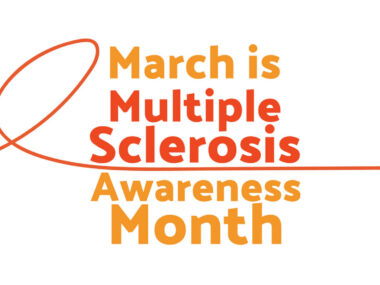Online Neurology Resource Platform Launches Recent MS Research Findings
Written by |

![]() The online community for neurologists Neurology Times will feature special coverage focused on multiple sclerosis (MS) in celebration of MS Awareness Month, which is currently taking place in March. The online platform was designed to provide healthcare professionals with informational resources about several hard to treat diseases and requires registration to access the data.
The online community for neurologists Neurology Times will feature special coverage focused on multiple sclerosis (MS) in celebration of MS Awareness Month, which is currently taking place in March. The online platform was designed to provide healthcare professionals with informational resources about several hard to treat diseases and requires registration to access the data.
In order to celebrate this month dedicated to MS, an inflammatory disease of the nervous system that affects 2.5 million people all over the world including over 400,000 patients in the United States, the online platform is offering new resources about MS. The announcement was made by publishers UBM Medica US and aims to improve knowledge of the disease for which there is currently no cure or means of prevention.
The resources will focus on the latest MS research findings and newest therapeutic options available for patients so that physicians can stay up to date on the most recent treatments and studies. Among the features are three new discoveries made about the relationship between food consumption and the disease.
[adrotate group=”4″]
Studies recently conducted demonstrated that the drinking coffee may reduce the probability of developing MS. In addition, female MS patients in a study were found to have consumed lower levels of antioxidant and anti-inflammatory nutrients. These new findings correlate with the recent identification of the pathological progression of MS, which researchers believe will lead to the development of novel therapies.
Another editorial focus is on the drug Guanabenz, which was approved by the U.S. Food and Drug Administration (FDA) to treat high blood pressure and has been demonstrated effective in preventing the loss of myelin as well as reducing the symptoms associated with MS. The results of studies conducted in mice may lead to promising research into new therapies for the disease.
The coverage also presents research on the role of stem cells to treat severe MS, which revealed that intense immunosuppression as well as autologous hematopoietic stem cell transplantation can improve the treatment of MS patients who suffer from a lack of response to standard therapies. Finally, another study, which focused on the stratified PML risk in MS, highlighted the challenges experienced by physicians regarding the management of the disease in patients taking Tysabri and who are positive for JC virus antibodies.
The editors at Neurology Times believe that these recent findings are among the most promising and headline-grabbing in the MS research field, and chose to further highlight them during MS Awareness Month so that physicians and patients alike can become better informed about the progress being made to fight the disease.


